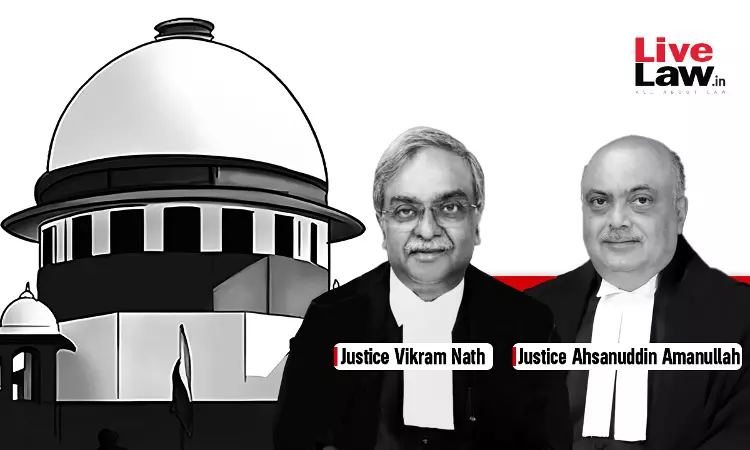Foreigners Act | Authorities Cannot Randomly Ask People To Prove Indian Citizenship On Mere Suspicion Without Sharing Any Materials: Supreme Court
Amisha Shrivastava
12 July 2024 9:20 AM IST

The burden to prove Indian citizenship will shift on the person only if the authorities share the materials with them, the Court stated.
Next Story


